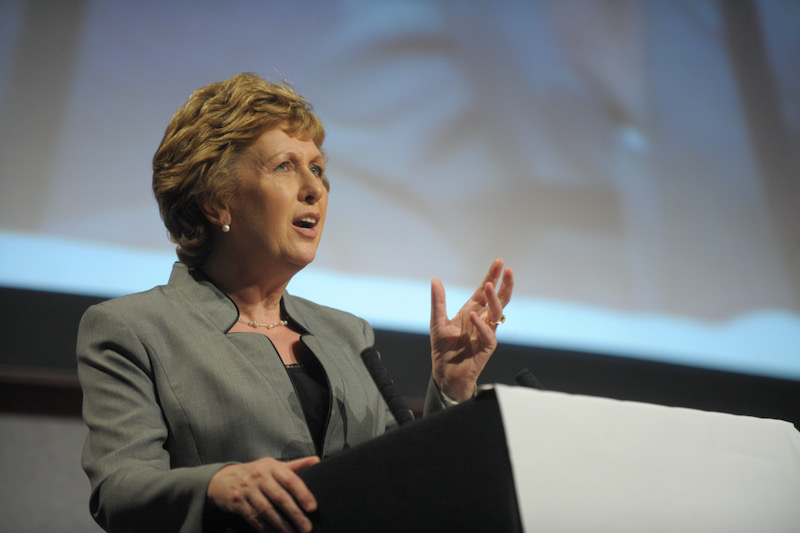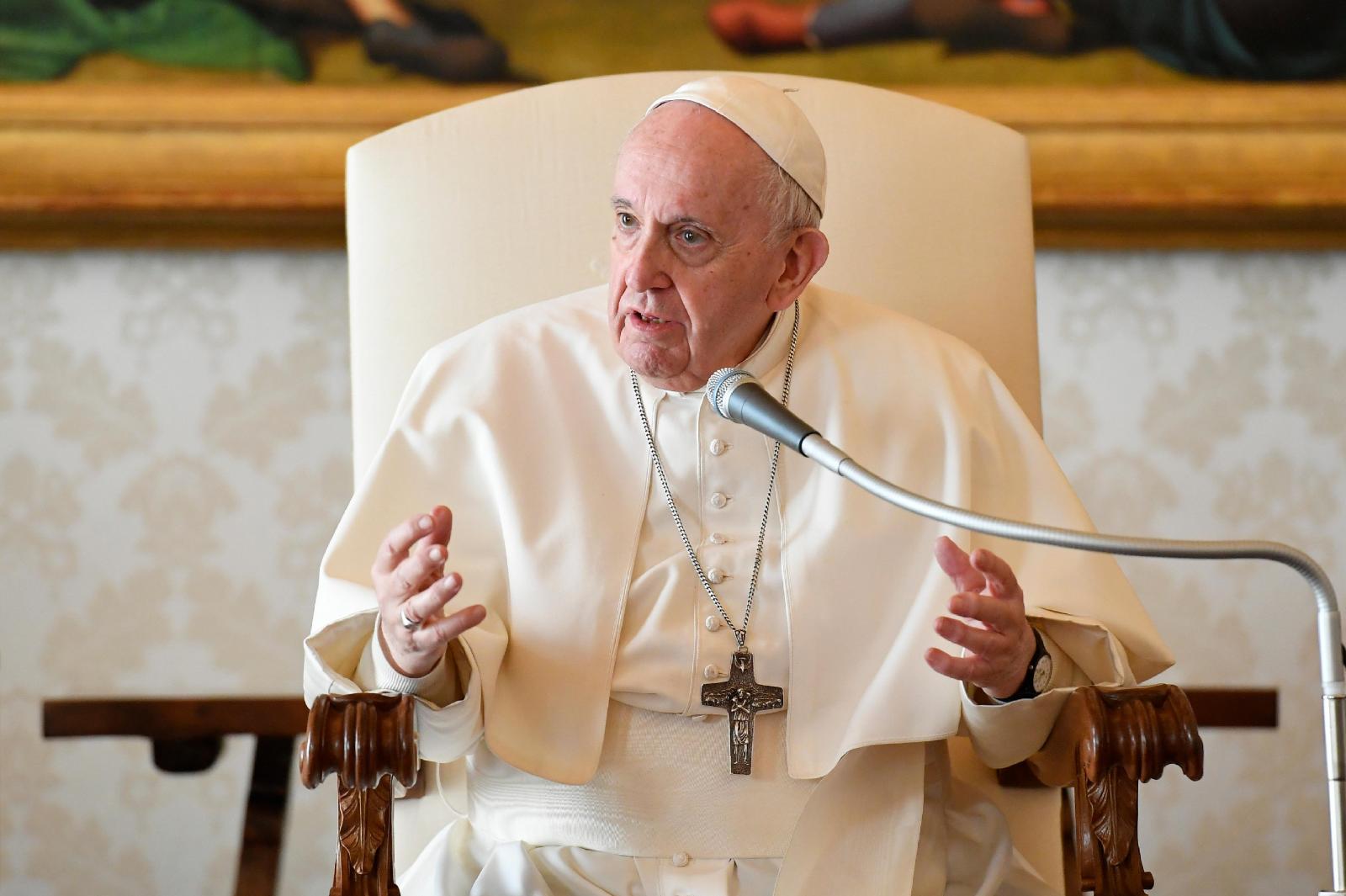The Vatican’s ruling against church blessings of same-sex couples is far from the last word on the matter.
Rather than ring-fencing the discussion, it has instead provoked a series of new questions about how the Church can do more to welcome people, regardless of their sexual orientation.
“It’s just not enough to say ‘we can’t, we can’t’,” Archbishop Mark Coleridge, President of the Australia Bishops’ Conference, told me yesterday during a webinar for The Tablet. “That may be important, but it’s only one word in a much, much longer and more complex conversation. In that sense, what the CDF has said in that statement isn’t by any means causa finita est, the end of the conversation. I think it should give greater impetus to another kind of conversation about inclusion.”
“Roma locuta est, causa finita est” (“Rome has spoken, the case is closed”), is how the Congregation for the Doctrine of the Faith (CDF) have approached the question of whether the Church can offer blessings to same-sex couples. Answering with a one-word answer – “negative” – reads like an attempt to assert control over debate in a way that jars with the synodal process of decision making which Pope Francis has called for.
The complex, multi-layered question of human sexuality is one that demands careful and prudent decision making; to remain faithful to tradition but take into account new insights. Synodal mechanisms, which take time and patience, are ideally geared to responding to this challenge.
Instead, on this occasion, without consulting the members of the congregation, a small group of officials in the Holy Office drafted a ruling and then presented it to Pope Francis for sign-off in the lead up to his visit to Iraq. Given that processes are as important as outcomes, what happened here puts the CDF’s opaque ways of working under the spotlight, and suggests they have yet to get the memo on synodality.
Two factors appear to have been behind the rush to publish this document.
First, the German synodal path, where blessings of same-sex unions are under discussion in the context of a wider debate over reform and renewal. Some in the Church, including officials in Rome, are very nervous about the process in Germany, with the more alarmist voices talking about a possible schism. The ruling from Rome was, therefore, aimed at controlling discussions at the German synod.
The second is the film Francesco, which will be available to stream to everyone on Discovery+ from 28 March. When it premiered in Rome last October, it generated intentional headlines for remarks Francis is shown making in an interview indicating his support for same-sex civil unions. The Pope’s support for civil unions (which he distinguished from gay marriage) had contradicted a 2003 document from the Holy Office.
Given these factors, the CDF’s ruling looks like more of an ecclesial-political manoeuvre than an attempt to help the Church discern a response to contemporary questions of sexuality in a context that is radically different to the one just a few decades ago. Facing this new reality is something the Church has to grapple with, and not with a simple “yes or no”.
In the text, the CDF says blessings cannot be given to same-sex couples because it would seek to imitate a sacramental marriage between a man and woman. But it also acknowledges the nuances by talking about the “positive elements” of same-sex relationships, which should be “valued and appreciated”. Such language has not been seen before. The question that follows is what formal recognition might be given to same-sex couples, and in what circumstances.
The Vatican’s ruling is, at one level, entirely unsurprising given the Catholic Church teaches that all sex outside of marriage is sinful. Francis, who is not a liberal, has always pledged his fealty to official Church teaching but has sought to apply the teaching in a pastoral and compassionate way.
One of the problems with the latest document is the use of hurtful language, and that, once again, LGBT Catholics will feel they are being singled out. Most Catholics will struggle to live out the Church's teaching on sexuality, yet no other group has been focused on in the same way. This is something Francis has sought to remedy.
Gay people, he says, are “children of God”, with a “right to a family,” and said “who am I to judge?” when asked about gay priests.
“The Church is called not to judge but to welcome,” the Pope said during a Mass celebrating 500 years of Christianity in the Philippines, just one day before the Vatican issued its document on same-sex couples. “Not to make demands, but to sow seeds; not to condemn, but to bring Christ who is our salvation.”
Cardinal Kevin Farrell, the prefect of the Holy See’s Laity, Family and Life department, was today asked about the same-sex blessings ruling as he launched a year dedicated to Amoris Laetitia, the Pope's family life document. He made it clear “that nobody, nobody must ever be excluded from the pastoral care, love and concern of the Church.”
What the latest saga reflects is a battle going on inside the Church over shifting perceptions of sexuality. It is not one that is going to be settled by a single document. Time, as the Pope says, is greater than space.



 Loading ...
Loading ...